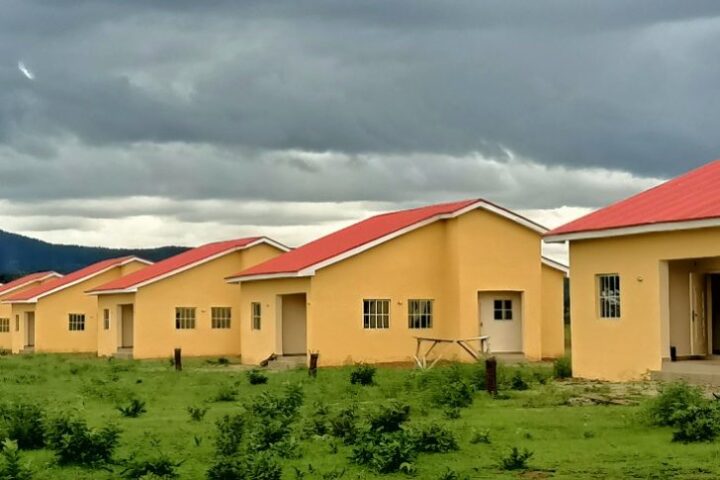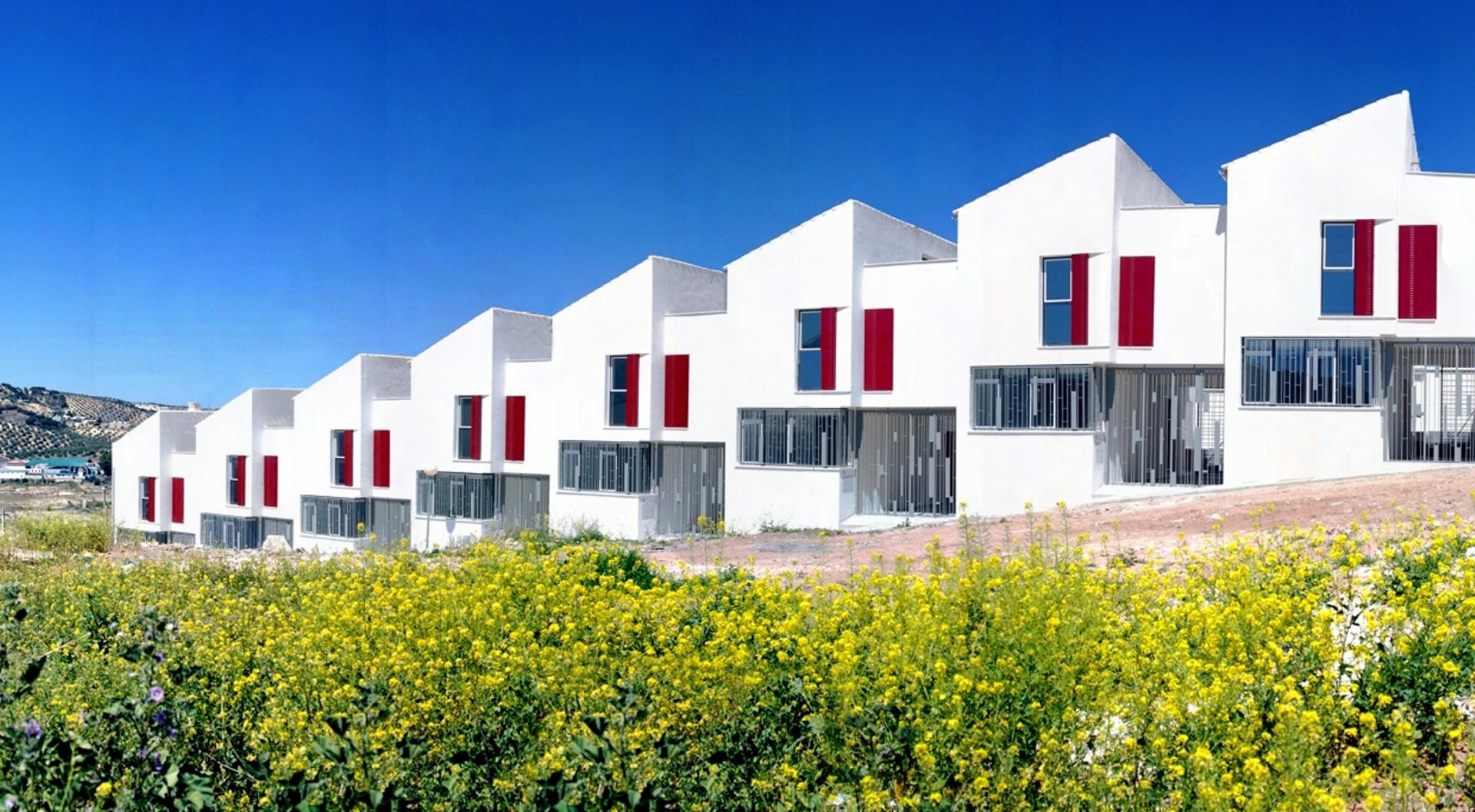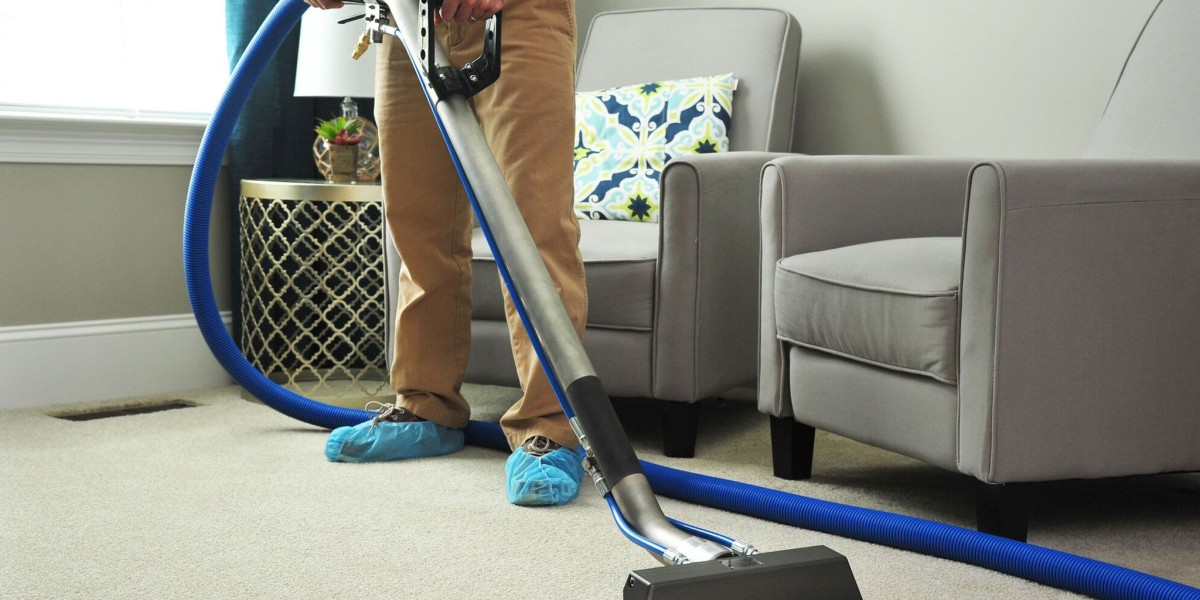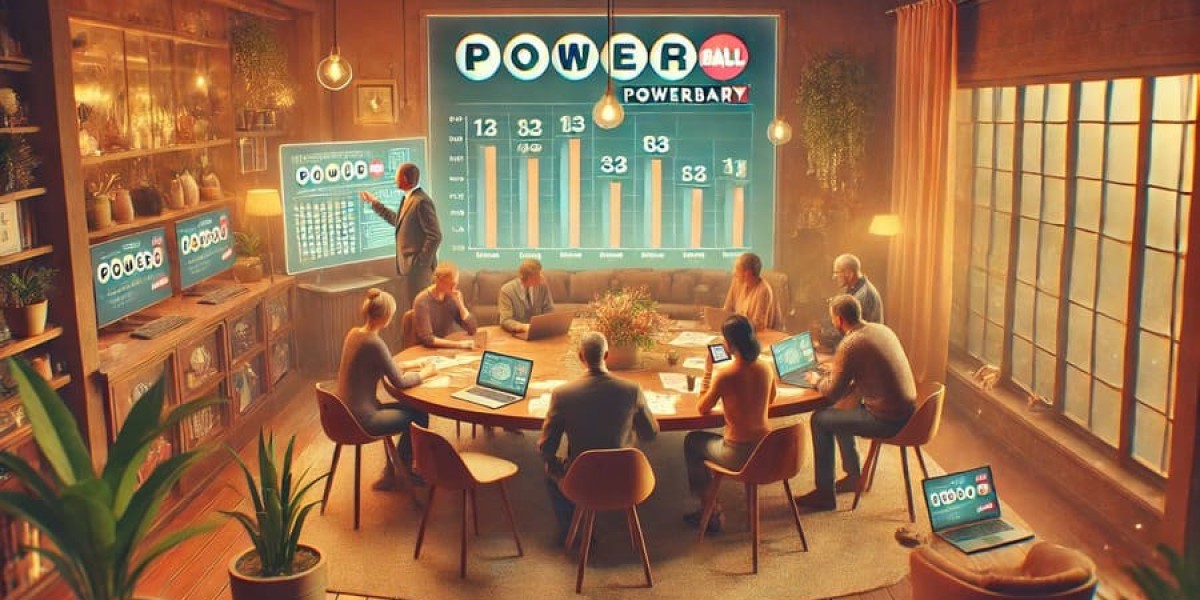
What is a net lease? By meaning, a net lease is an industrial genuine estate lease where the occupant pays for their rental space plus several additional expenditures. These costs are related to the operation, maintenance and use of the residential or commercial property that a property manager would normally pay. Some examples of extra expenditures consist of residential or commercial property taxes, insurance coverage premiums, landscaping services, snow elimination, energies, repairs and other expenses associated with owning a residential or commercial property.

Pros and cones of a net lease

It's essential to understand the information of a net lease before consenting to it. Taking a look at the pros and cons of the arrangement can help you decide if it's ideal for you.
Pros of a net lease
Potential pros of picking a business residential or commercial property with a net lease consist of:

Lower payments: This choice typically leads to lower regular monthly payments than you would pay with a gross lease, where you pay one rent payment to cover whatever. Landlords sometimes decrease the lease on a net lease, because you're presuming some of the obligation for them. A gross lease is typically higher to make sure the landlord has enough money to cover the costs.
Pay real amounts: A related benefit is just paying the real amounts for things. For circumstances, in a gross lease, the landlord might charge a larger total up to cover utilities than you in fact invest. When you're paying the energy expenses, you just spend for the amount you use.
Prime places: Being willing to consider all kinds of net lease terms provides you more choices for prime business areas. If you limit yourself to spaces with gross leases, you might lose out on the ideal area for your company. Highly popular industrial spaces often need net leases.
More control: Despite the fact that you don't own the residential or commercial property, you usually have more control over things like repair and maintenance if you're spending for them. You can pick the professionals you use and choose how they do the work.
Cons of a net lease
Some drawbacks of the arrangement include:
No ownership: The contract needs you to take on much of the responsibility for the residential or commercial property like an owner, however you do not in fact own it.
Fluctuating expenses: Since you're paying part or all of the actual expenditures, your monthly payments can fluctuate. Insurance rates and taxes can increase periodically. You might deal with a sudden, major upkeep issue that you have to pay for. This can make it difficult to budget plan for your overhead expenses.
More work: Since you're spending for the additional expenses on top of your rent, you need to ensure they're paid on time and handle all the documentation that features paying those service costs. You may also have to coordinate things like yard care services and snow elimination directly with those companies, rather of letting the property manager handle it.
Kinds of net leases
Depending on the kind of net lease, the occupant might pay only a portion or all of the particular costs listed. Here are the 4 main types of net leases:
1. Single net lease
2. Double net lease
3. Triple internet lease
4. Modified net lease
1. Single net lease
Also called net or N leases, the single net lease definition needs the tenant to pay residential or commercial property taxes in addition to rent. This kind of lease involves the least quantity of risk for the tenant, who pays residential or commercial property taxes through the property owner. By doing this, the proprietor can verify that tax payments are accurate and prompt. While the residential or commercial property taxes can increase, it's generally a little jump and just when residential or commercial property taxes are reassessed. This offers you a relatively constant monthly expense and time to adjust your business spending plan if it's increasing. Tenants with this plan usually pay a lower rent than a basic lease due to the added costs.
)
2. Double net lease
In this kind of lease (typically called net-net or NN), the occupant spends for the residential or commercial property taxes and insurance premiums. They're the most typical kind of lease in business realty. The rental fee is lower due to the greater associated costs. Landlords are accountable for any upkeep costs associated with the residential or commercial property, so your monthly payments should be fairly consistent. Insurance premiums and residential or commercial property taxes can increase, however it should not be a major boost. Similar to the single net lease, the double net lease usually requires you to pay the residential or commercial property taxes and insurance premiums directly to the property manager, so they can validate payment and disperse funds to the proper locations.
3. Triple web lease
Also understood as a net-net-net lease, an NNN contract or triple net lease means the occupant pays rent and all extra costs. A triple net lease example is an occupant who pays for the taxes, insurance premiums and upkeep for the residential or commercial property. Landlords have the least amount of duty in these agreements since, in addition to the rent, occupants are paying for the majority of other costs of running the building. Base rent is less for this factor. Tenants who discover that they're paying higher than expected upkeep expenses typically attempt to terminate the agreement. Landlords typically established bondable net leases for this factor, which can not be modified until the agreement ends.
4. Modified net lease
Any net lease that has special conditions is considered to be a modified net lease. It's the hybrid of a traditional (gross) lease and a triple net lease. Modified leases are most typical in the retail or industrial sectors or for other residential or commercial properties with multiple tenants. Tenants aiming to prevent the costly obligations of a triple net lease frequently produce unique terms with their proprietors that satisfy both of their needs. For instance, they might pick to share costs related to the operation and upkeep of business.

Crucial pointers to understand
Leasing a structure space provides many chances for companies to make cash. There are a couple of things you must understand about net leases before entering into a contract. The most crucial thing to keep in mind is that you should constantly take steps to ensure you totally understand the information of an agreement and what you're responsible for. Here are a few of the most important ideas to understand when it concerns business net leases:
- Net leases attract property managers because they can split the expenses associated with the lease while still owning the residential or commercial property.
- Net leases are negotiable. If you discover a business residential or commercial property that works for you but you don't like the net lease terms, you can deal with the property manager to find an equally beneficial agreement.
- Tenants ought to guarantee the details of their net leases consist of caps that set a maximum quantity on what they're responsible for beyond lease payments. This alleviates some of the financial risks of a net lease.
- Your rent payment in a net lease should cost less than a basic lease arrangement after additional costs are applied.
- Landlords frequently use bondable net leases, so occupants can't modify the triple net commercial lease when expenses increase.
- A gross lease may appeal more to occupants searching for a flat rental rate.
Just like any business offer, leases include a series of negotiations that benefit both parties. Talk to your lawyer or company advisor if you're unsure how to deal with the lease settlements.
Net lease FAQs
The details of a net lease depend on numerous variables, including the location, cost and requirements of the property manager and renter. Here are some of the most frequently asked concerns about net leases:
- How do net leases vary from a gross lease?
- How do I know if a net lease is best for me?
- Do I need a down payment on a triple net lease?
- The length of time are triple net lease agreements?

How do net leases vary from a gross lease?
In general, rent is normally lower with a net lease than a conventional or gross lease. A gross lease is the most typical kind of lease in domestic realty, but it likewise uses to the industrial sector sometimes. In a gross lease arrangement, renters pay a set amount of lease to the residential or commercial property owner, who is accountable for paying all costs associated with the residential or commercial property. However, gross leases can be similar to net leases when they get modified. For instance, the details of a gross lease may consist of rent, plus utilities or insurance.
How do I know if a net lease is right for me?
The finest way to determine if a net lease is best for you is to talk to other organization owners or your accounting professional. Do some research study to read more about negotiating a lease and how the different kinds of net leases might benefit your organization. Because residential or commercial property taxes tend to increase in time, occupants ought to prepare for an increase in rent. That's why it is necessary to comprehend the specifics of an agreement.
Do I require a deposit on a triple net lease?
To fund a NNN residential or commercial property, you need to have a down payment of at least 30%.
For how long are triple net lease contracts?
Most of triple net leases have a 10- to 15-year term and frequently include concessions for lease increases. While this is a long-term commitment, it likewise provides you stability and lowers the danger of needing to move your service if the property manager majorly raises the rent or decides not to restore the lease.






